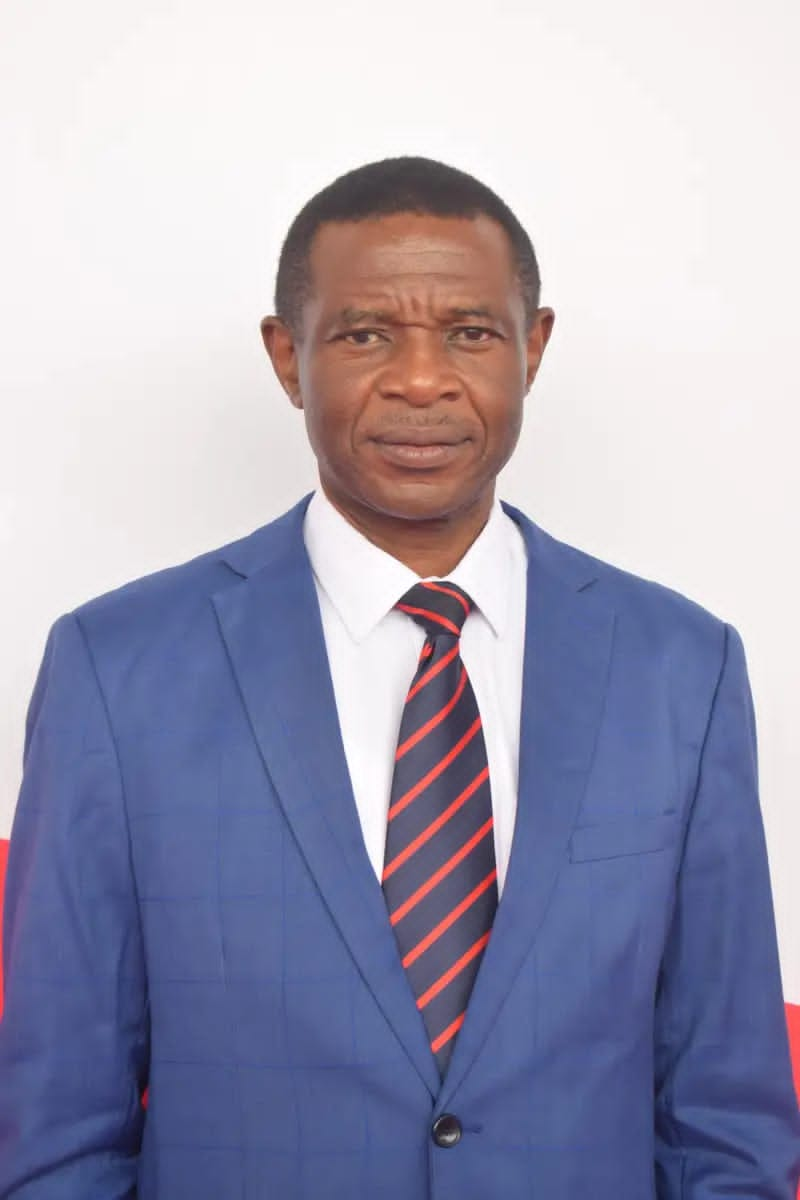
Rear Admiral Solomon Agada (rtd) , who was the Chief of Training and Operations at the Nigerian Navy has emphasised that for a nation like Nigeria, security within the maritime environment must be prioritised beyond land-based security.
According to him, security in the maritime domain allows for the safe movement of cargo, attracting and fostering robust international and regional trade, which is essential for economic expansion.
During the Blue Economy Academy Nigeria’s Monthly Ocean Intelligence Brief themed “Duality of Security and Prosperity: The Blue Economy Rising” , held virtually on 30th September, 2025, he stated that security facilitates trade and investment and ensures prosperity .He added that a peaceful sea enables businesses in sectors like fishing, offshore exploration, tourism and port operations to function without constant threat of criminality.
Agada asserted that insecurity causes direct economic loss as potential for tourism and shipping will also be drastically reduced because nobody will want to go for tourism in an environment that is not safe and secure.
He said maritime crimes cannot be dealt unilaterally but requires concerted multinational and transnational collaboration through a forum like the Gulf of Guinea Maritime Collaboration Forum.
To profer solution to the problem of insecurity on Nigeria waters, he stressed that there is a need for a change in outlook on the part of policy makers and implementers so that the circle of ship blindness will be broken . He said this will enable cultural reorientation to promote maritime education and ship-based cultural identity from the youth and children so that when they grow up, they will know the importance of the sea.
In addition, Adm Agada called for a strategic shift in reframing the security beyond regime survival to national and maritime security. He underscored the need for investment in the blue economy, building collective naval and coastguard capability to secure the shared waters.
“If a ship that is expected to be at the port for three days ends up being there for seven days because of the security situation, it will incur extra costs .People will not want to invest where it is not safe and food and livelihood will not be available. Criminal activities within the maritime space of our region made it one of the world’s most porous waters but this has been addressed to some extent.
“Piracy and armed robbery at sea have long been regarded as a threat to international peace and security, but other types of maritime crimes are just as significant. .
“The African Union’s 2050 African Integrated Maritime Strategy identifies numerous relevant transnational organized crimes, including illegal arms and drug trafficking, illegal oil pumping and crude oil theft, maritime terrorism, human trafficking, illegal, unreported and unregulated fishing, and overfishing.
“The African Union Heads of State in 2020, in their summit, called for the creation of a maritime consultative strategy support group to facilitate periodic review of the continent’s progress in development of continental blue economy for consideration by the African Union Peace and Security Council. This led to the Peace and Security Council in 2021 July in their meeting to discuss the formation of maritime security combined task force after inviting the CNS of Nigeria and Tanzania to brief them.
“There is need for us to sustain that collaboration and that framework that has already been established. We should see how we can reinvigorate it.This will align with the Combined Maritime Taskforce.The Combined Maritime Taskforce will now come in as the enforcement arm of what is being done by this Policy, Formulation, Procedure and Placement Forum by the different stakeholders.
A retired Director of Shipping Development at Nigerian Maritime Administration and Safety Agency (NIMASA) , Mr Anthony Ogadi disclosed that his administration brought the best of the maritime surveillance to the Agency which covered the entire maritime domain. He explained that it is a robust system that would take care of maritime security.
He recalled that it was a well-thought-out initiative by the former Minister of Transport, Rotimi Amaechi and he brought this to bear from his experience he had in River State, when all air force, both kinetic and non-kinetic air force were put in place to curb security issues in the Niger Delta.
According to Ogadi, being a Minister of Transportation, Rotimi brought the idea to see how the Ministry of Defence can collaborate with the Ministry of Transportation to manage maritime insecurity .
He noted that the initiative which was termed Deep Blue Project 1 worked out in both assets and personnel as the personnel was provided by the military.He said Deep Blue Project 2 would have come in handy but has not been sustained because it is human capital intensive.
“We had about 630 personnel from the Army, the Navy, the Air Force, and the DSS. NIMASA was bankrolling as they provided the air assets that has to do with about three special mission helicopters, two special mission aircrafts, the vessels, the special mission vessels, the interceptors and the armoured vehicles.
“I keep applauding that initiative because it’s the first of its kind and we’re hoping that it will make an institution that will manage our maritime space in terms of security.I know the current management is doing their best but they should keep up the tempo.”, he said.
The Blue Economy Academy Founder, Ubong Essien in his presentation said that maritime security must be seen not as an end in itself but as a pathway to prosperity, ensuring that Nigeria’s waters are not just protected but also leveraged for economic growth.
He pointed that nearly 10% of Nigeria’s 10 year blue economy policy has already elapsed and warns that it underscores the urgency of turning vision into measurable progress. With the 2025–2035 policy framework now in its second year, he cautioned that unresolved gaps, most notably in financing, will continue to stall it.
He argued that government cannot shoulder the burden alone and welcomed recent acknowledgment by policymakers that sustainable financing is central to unlocking ocean wealth. To bridge this gap, he explained that the Academy has prioritised blue finance and capital, working with development finance experts to introduce solutions such as Blue Bonds and Public-Private Development Goals (PDG) strategies.
Beyond financing, he is also pushing for a shift in mindset, urging technocrats and civil servants to be more open to innovation and collaboration. He insisted that the maritime economy is not just a technical or government issue but one that requires collective contributions from sectors like finance, human resources, and sustainability.
Essien also reflected on the Deep Blue Project examining its successes, failings, and lessons while pointing to international examples such as Norway, which successfully transposed competencies from its oil and gas sector into the maritime domain.







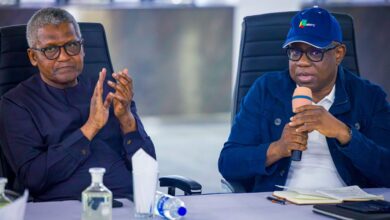
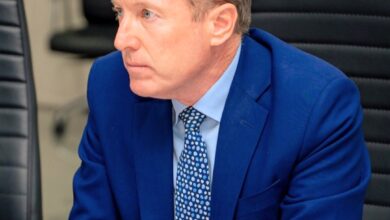
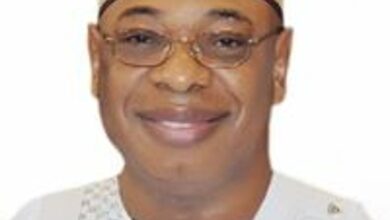
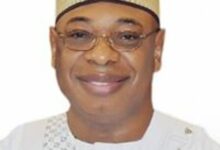
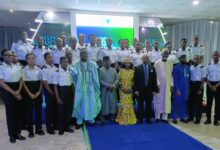
One Comment